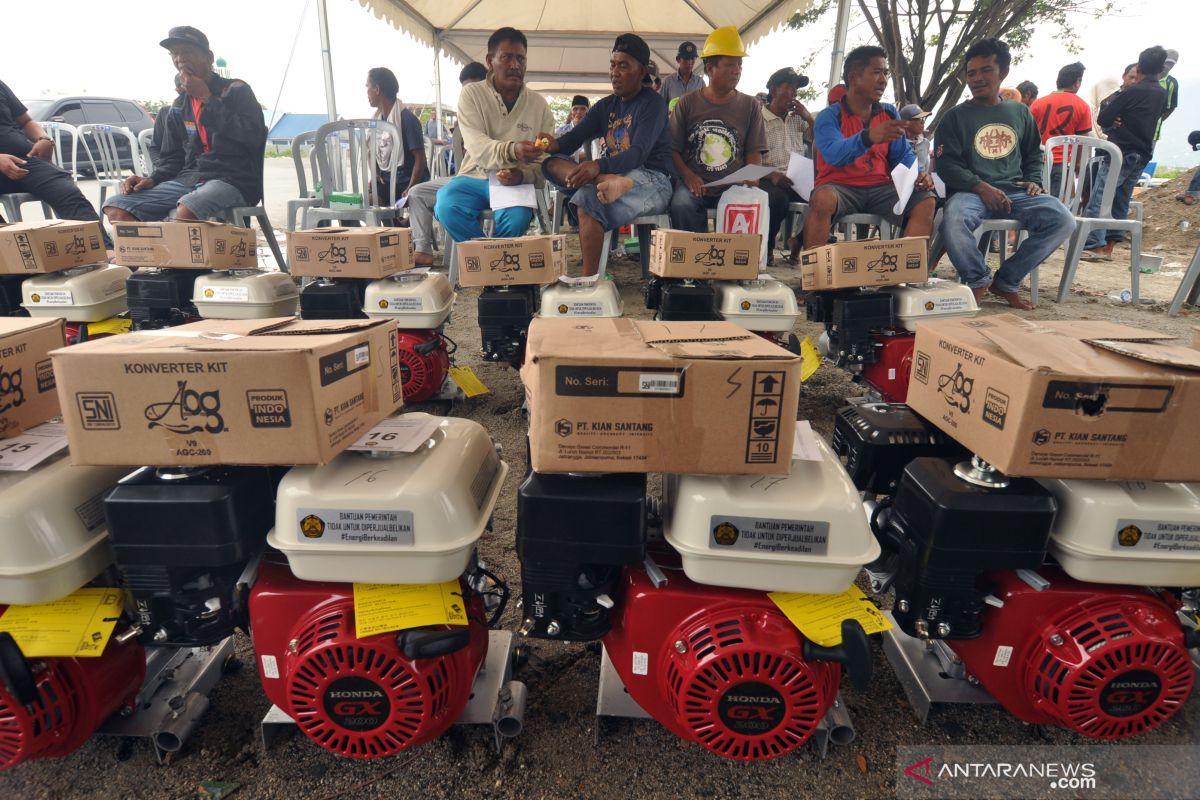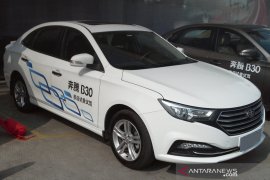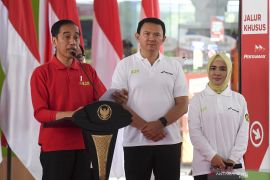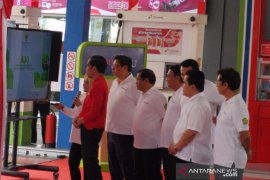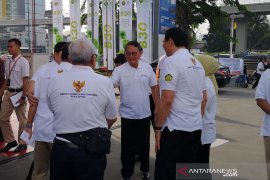Jakarta (ANTARA) - Executive Director of the Maritime Study Center for Humanity Abdul Halim (ANTARA/HO- Dokumentasi Pribadi)
"The vast majority of business agents engaged in the fishery sector in Indonesia continue to use diesel oil as a source of energy. However, making the use of B30 compulsory will have an impact on small-, medium-, and large-scale fishery businessmen," Executive Director of the Maritime Study Center for Humanity Abdul Halim remarked on Wednesday.
The utilization of B30 in the maritime and fishery sector may have a positive or negative impact based on preparations of the central government, the Maritime Affairs and Fisheries Ministry, regional governments, and fishery businessmen, he noted.
Hence, all stakeholders in the fishery sector should convene to frame a roadmap to acclimatize each of them to their respective roles in applying the policy, he stated.
He believes that the Maritime Affairs and Fisheries' policy to shift to using B30 is yet far from sufficient.
Indonesia has successfully applied a 20-percent blended biodiesel (B-20) program and is taking the necessary steps to produce B-30.
Indonesia is currently the world's largest palm oil producer, with an annual production of some 45 million tons.
Related news: Government boosting biofuel development
Related news: Palm oil production adequate to produce B30 biofuel
According to Deputy for Food and Agriculture Coordination of the Coordinating Ministry for Economy Musdalifah Machmud, Indonesia has been successful in influencing several nations to use palm oil-based biodiesel fuel.
"Malaysia will gradually use B20 (20 percent blended biodiesel) starting from January next year, while Thailand will soon introduce B10 (10 percent blended biodiesel). As a matter of fact, we have been an influencing force in the use of biodiesel fuel worldwide," she remarked at a discussion in Jakarta recently.
Related news: Indonesia is influencer among nations to use biodiesel fuel
Related news: Automotive industry plans to use biodiesel 20 fuel


